Refine
Date Range Clear
Recorded by Clear
Keywords Clear
Partnerships Clear
Organizations Clear
Places Clear
- AGU 2018 Fall Meeting 168
- Washington DC 166
- AGU 2019 Fall Meeting 22
- San Francisco 20
- Bay Area 11
- 79 more
Languages Clear
Initiatives Clear
Thomas Wagner, NASA's Program Scientist for the cryosphere, discusses how his life has developed to study the Arctic and Antarctic. Even though as a student he initially found himself bored by studying glaciology, he soon discovered a passion for polar...
Kristen Erickson, Director of science engagements and partnership, recently helmed NASA’s efforts to involve over 154 million adult Americans with direct participation with the 2017 total eclipse – the largest engagement effort in NASA history. But in her more than...
Dr. Paul Mahaffy is the director of NASA's Solar System Exploration Division at the Goddard Space Flight Center. Raised in Eritrea, Paul became fascinated with the diversity of life at a young age, but did not have his sights set...
Michael MacCracken, chief scientist with the Climate Institute came to Washington, DC supposedly for one year, to help ten different agencies involved in climate research to work better together. He stayed for nine years, becoming the liaison to Vice President...
John Painter shares his Moon Landing story for the Moon Landing in Context Project at Framingham State University. John discusses his experience serving as an Air Force Navigator in the late 1950s, working as an Electrical Engineer at the NASA...

Ozzie talks about his space travel dreams, becoming interested in space, and his love of his ham radio.
Bärbel Hönisch, Associate Professor of Environmental Sciences at Columbia University also known as Queen of Boron, transported us millions of years beyond the ice cores to the realm when Greenland had no ice. She took hold of a magical instrument...
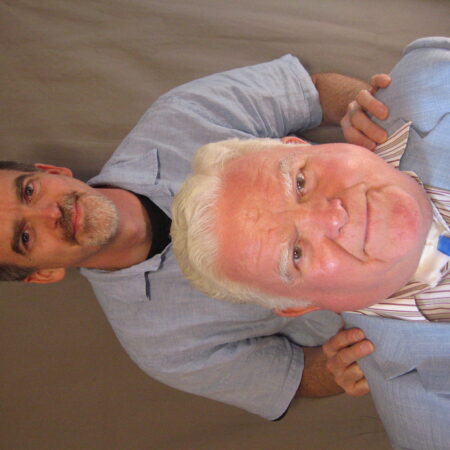
Bill talks to his son about his career in the military before he was forced to change careers. His subsequent life as a civil engineer allowed him to stay closer to his family.
Daniella Scalice is the Education and Communications Lead for NASA’s Astrobiology program, and she sits in NASA’s MAIANSE program for incorporating American Indian and Alaska Native science into NASA’s STEM research and education initiatives. She works in western and Indigenous...
Michelle Thaller, science communicator at NASA Goddard, discusses how she persisted in following her scientific passions even after being discouraged by teachers and guidance counselors. She also talked about why non-scientists should care about things so far away from Earth:...
Jacob Bleacher has spent a great deal of time preparing for Mars and the moon, even though he has never left the Earth’s orbit. The research scientist at Goddard Space Flight Center is currently on detail at NASA Headquarters as...
Giovanni Fazio is a senior physicist at the Center for Astrophysics Harvard-Smithsonian. In his decades-spanning career, he has been instrumental in several observational programs, from his work studying gamma rays using balloon-borne telescopes to his time as the Principal Investigator...
In the summer of 2015, Bob Conover led a team of 12 volunteers to restore a 50-year-old Ranger spacecraft at the California Science Center. Bob is a retired JPL engineer who originally worked on the Ranger at JPL in its...
Warren Washington, a pioneer of climate modeling, shares his story with Rajul Pandya about his career in the atmospheric sciences. Discussing a lifetime pushing for the growth of diversity in the sciences and a better understanding of the climate. Going...
Michael Meyer, NASA's Chief Scientist for the Mars Exploration Program, talks about his life and work in science. As a teenager working as a deckhand on a treasure diving boat in Florida, he was hired to replace some fired divers...
Hal Maring once risked his life for a box of fog. The physical scientist at NASA Headquarters was once on a New Zealand research cruise in the Tasman Sea when the vessel hit bad weather. They took down some of...
Glenn Orton, a senior research scientist at the Jet Propulsion Laboratory, discusses his career exploring the outer Solar System that started with the Pioneer 10 and 11 missions, and extended forward to Cassini and more recently Juno. Interested in space...
For the last 14 years, Gari Mayberry has put her volcanology background to work as a disaster response coordinator at USAID. Disasters come in many shapes and sizes so that specialty is a start, but often Gari finds herself connecting...
Sarah Vines and Robert Allen once drove twenty hours to see a spaceship launch. Now, Sarah and Robert are married, post-doctoral students working in the laboratories of Johns Hopkins University. Sarah researches how magnetic fields form, and what earth’s magnetic...
Just a few short months ago, Nicola Fox took over as Director of NASA’s Heliophysics Lab. She’d been prepping for the role a lifetime, however, recounting how she started her scientific career when she was eight months old, thanks to...
Priya Ghosh is an astrophysicist, nuclear engineer, and a postdoctoral researcher at NASA Goddard Space Flight Center. There she builds and develops radiation detectors to detect neutrons and gamma rays, and also studies and analyzes cosmic ray data to better...
Amber Soja’s career is on fire. The resident at NASA’s Langley Research Center studies fire regimes and how they are being affected by climate change. “Every fire season is worse,” she says, adding that the changing fire regime is proof...
Shelby Hurst grew up in northern Michigan where she spent plenty of time poking at and asking questions about the rocks in her grandparents’ backyard, which eventually led her to a PhD in geochemistry. She discusses the importance of women...

Weena (34) interviews her grandparents, Margaret (85) and John (88), about how they grew up and how they met at NASA.
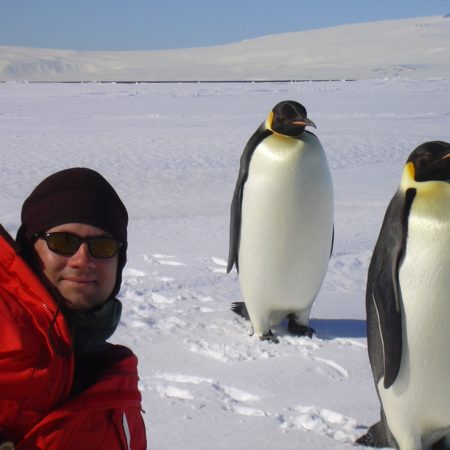
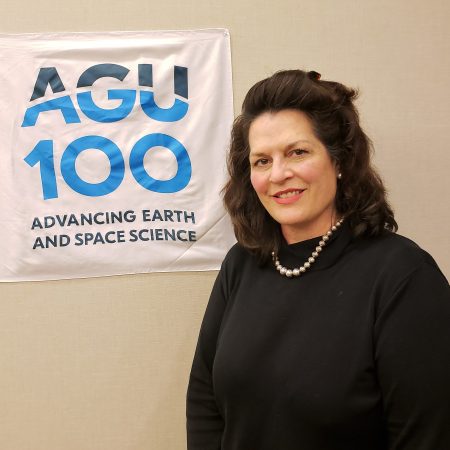
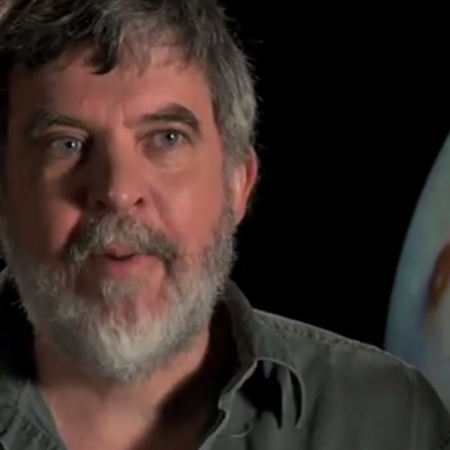
![If you're complaining, you better come back here and try and help us [with climate change policy]." an interview with Michael MacCracken](https://archive.storycorps.org/uploads/2018/12/101218MichaelMacCracken-450x450.jpg)

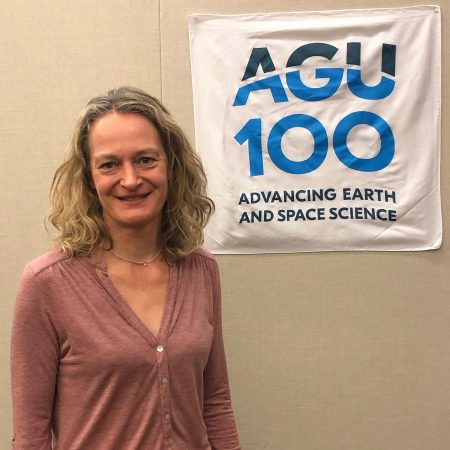
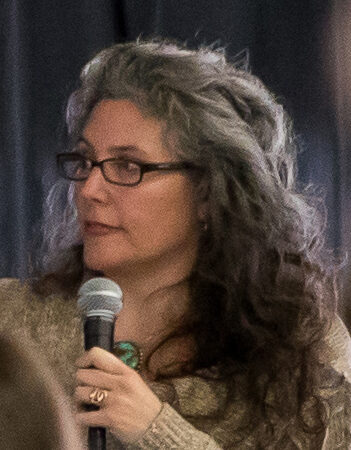
!["I've been a professional astronomer for over 20 years, [and it] still gives me goosebumps." an interview Michelle Thaller](https://archive.storycorps.org/uploads/2019/02/20181211_Thaller-450x450.jpg)
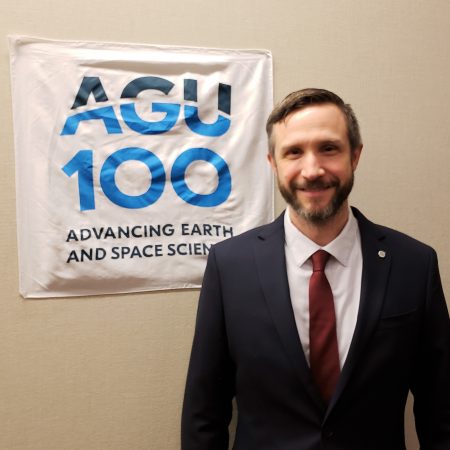
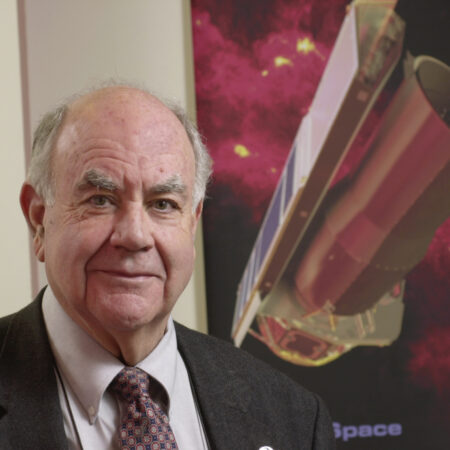
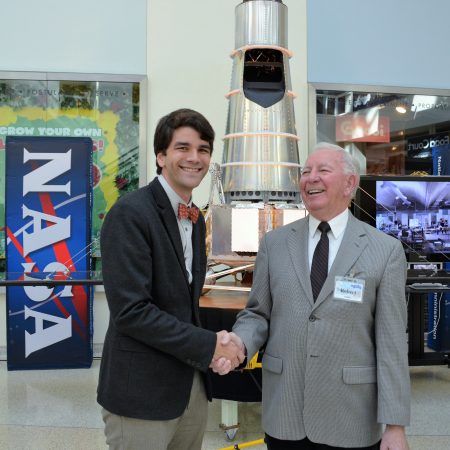
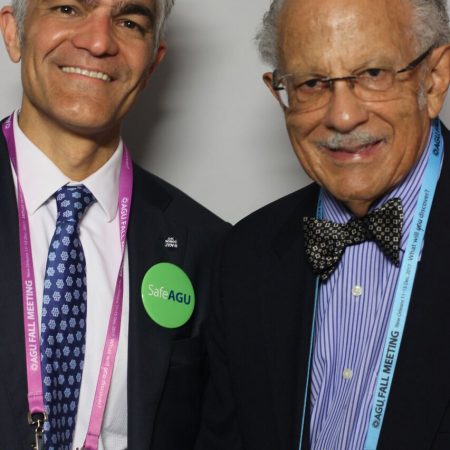
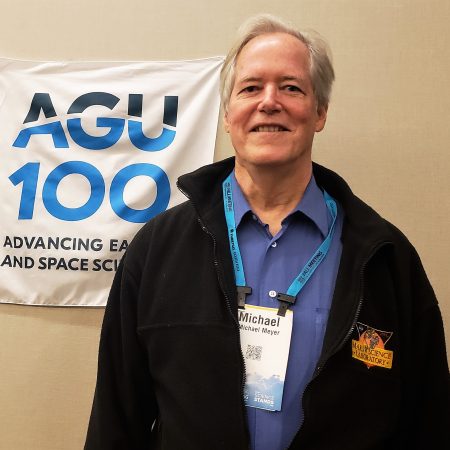
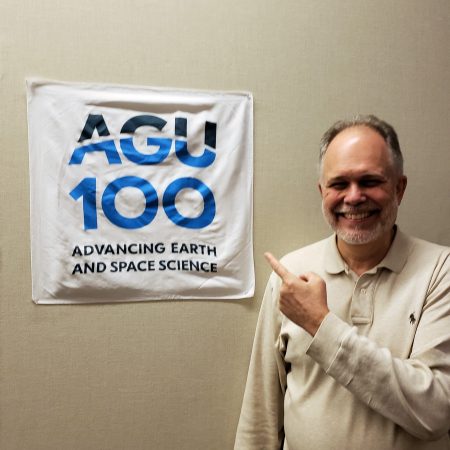

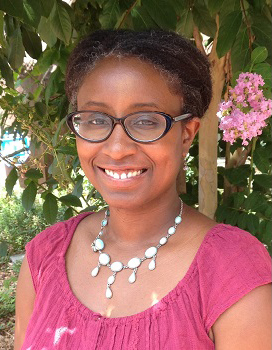
!["[Science] lets us imagine things we hadn't thought possible." an interview with Sarah Vines and Robert Allen](https://archive.storycorps.org/uploads/2019/07/Sarah-Vines-w-Robert-Allen.jpg)
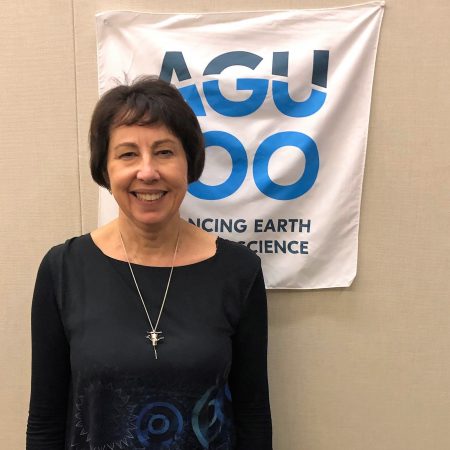
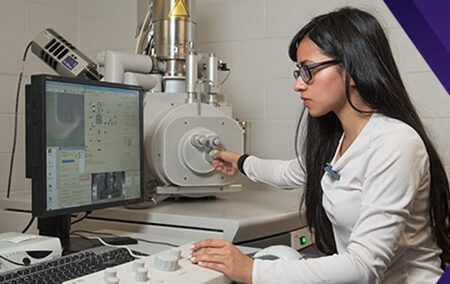

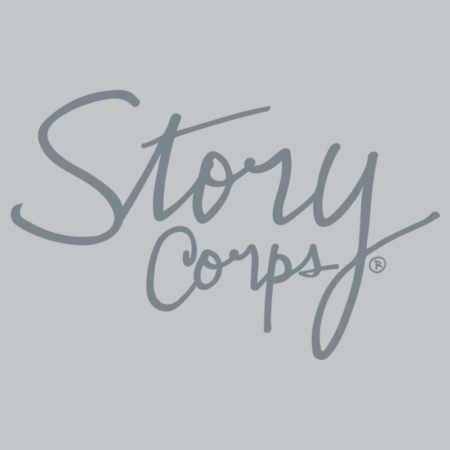
![“I enjoy knowing that a lot of people do care about [the climate] and they care to learn about it.” an interview with Shelby Hurst](https://archive.storycorps.org/uploads/2019/07/Shelby-Hurst-crop-450x450.png)